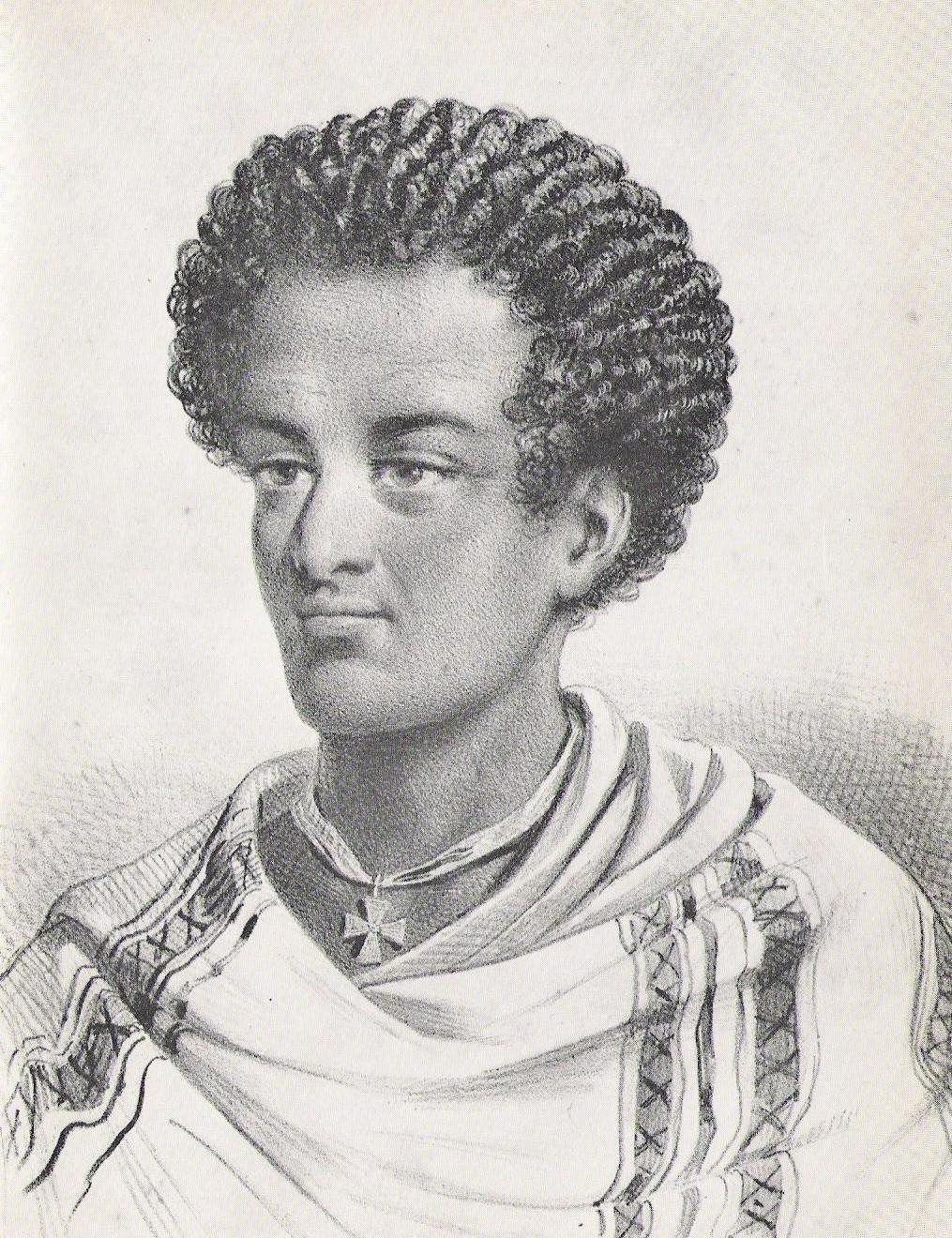1813
Sahle Selassie, the teenage son of Wossen Seged, King of Shewa (Ethiopia), hearing that his father has been murdered, rushes from the monastery where he is a student to the palace at the capital Qunt. There he is proclaimed Ras, rather than king, to avoid public disapproval at what might seem a hasty coronation. However, Selassie has to hurry before his older brother Marra Biete can arrive and declare himself king. Selassie will use similar cleverness to negotiate an end to civil war involving some Oromo clans. By the 1820s, he will feel comfortable assuming the title Negus, or King of the Shewa.















